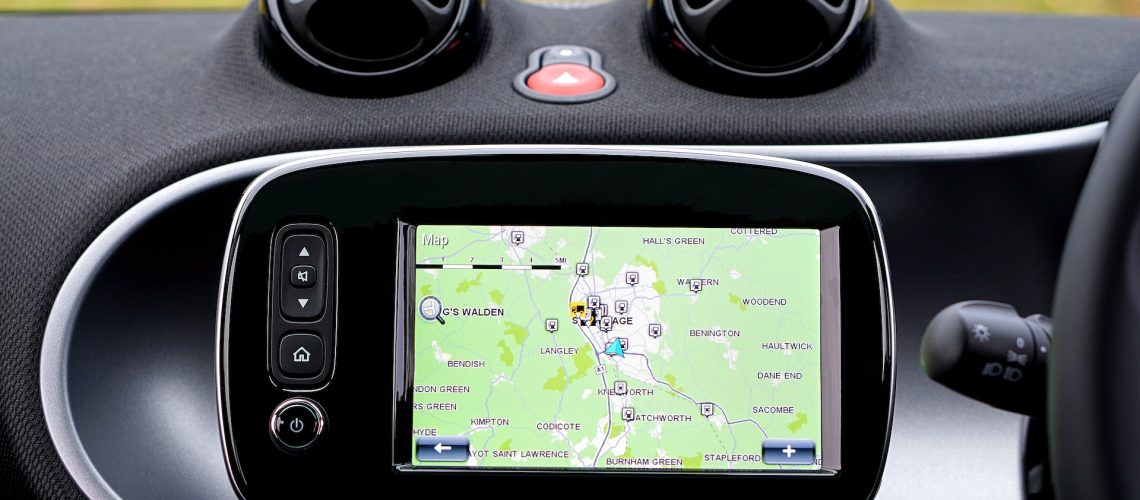Fleet management technology has come a long way in recent years, and businesses are increasingly turning to these solutions to streamline their operations and improve efficiency. From GPS tracking to telematics to predictive maintenance, fleet management technology is revolutionizing the way businesses manage their fleets.
In this blog post, we’ll take a look at the top trends in fleet management technology and how they’re helping businesses stay ahead of the curve.
- Telematics | Telematics is one of the most significant trends in fleet management technology, and it’s not hard to see why. Telematics allows businesses to track their vehicles in real-time, giving them insight into driver behavior, fuel usage, and more. By using this data, businesses can make informed decisions about route optimization, driver training, and maintenance scheduling.
- Predictive Maintenance | Another trend in fleet management technology is predictive maintenance. By using data from sensors and other sources, predictive maintenance software can predict when a vehicle is likely to require maintenance, allowing businesses to schedule maintenance before a breakdown occurs. This can save businesses significant time and money by reducing downtime and repair costs.
- Electric Vehicles | Electric vehicles are becoming increasingly popular in the fleet management industry, and for a good reason. Electric vehicles are more fuel-efficient than traditional vehicles, and they produce fewer emissions. They’re also becoming more affordable, making them a viable option for many businesses.
- Driver Safety Technology | Driver safety technology is another trend in fleet management technology. From collision detection to lane departure warnings to adaptive cruise control, these technologies can help keep drivers safe on the road. They can also reduce the risk of accidents and insurance claims, saving businesses money in the long run.
- Artificial Intelligence | Artificial intelligence is becoming increasingly important in the fleet management industry. By using machine learning algorithms, AI-powered fleet management software can analyze vast amounts of data to identify patterns and make predictions. This can help businesses optimize their operations and reduce costs.
- Big Data Analytics | Big data analytics is another trend in fleet management technology. By analyzing data from various sources, such as vehicles, drivers, and weather patterns, businesses can gain valuable insights into their operations. This can help them make informed decisions about route optimization, maintenance scheduling, and more.
- Mobile Technology | Mobile technology is becoming increasingly important in the fleet management industry. With mobile apps, drivers can receive real-time information about their routes, weather conditions, and more. They can also submit reports and communicate with their managers more easily, improving communication and efficiency.
- Blockchain | Blockchain is a technology that is gaining popularity in the fleet management industry. By using blockchain, businesses can create a secure, decentralized database that can be used to store and share data. This can help improve data accuracy and security, as well as reduce the risk of fraud and data breaches.
In conclusion, the fleet management industry is evolving rapidly, and businesses that want to stay ahead of the curve need to keep up with the latest trends. From telematics to predictive maintenance to electric vehicles, the trends we’ve discussed in this blog post can help businesses improve their operations and reduce costs. At LB Technology, we’re committed to helping businesses take advantage of these trends with our range of customized fleet management solutions.
